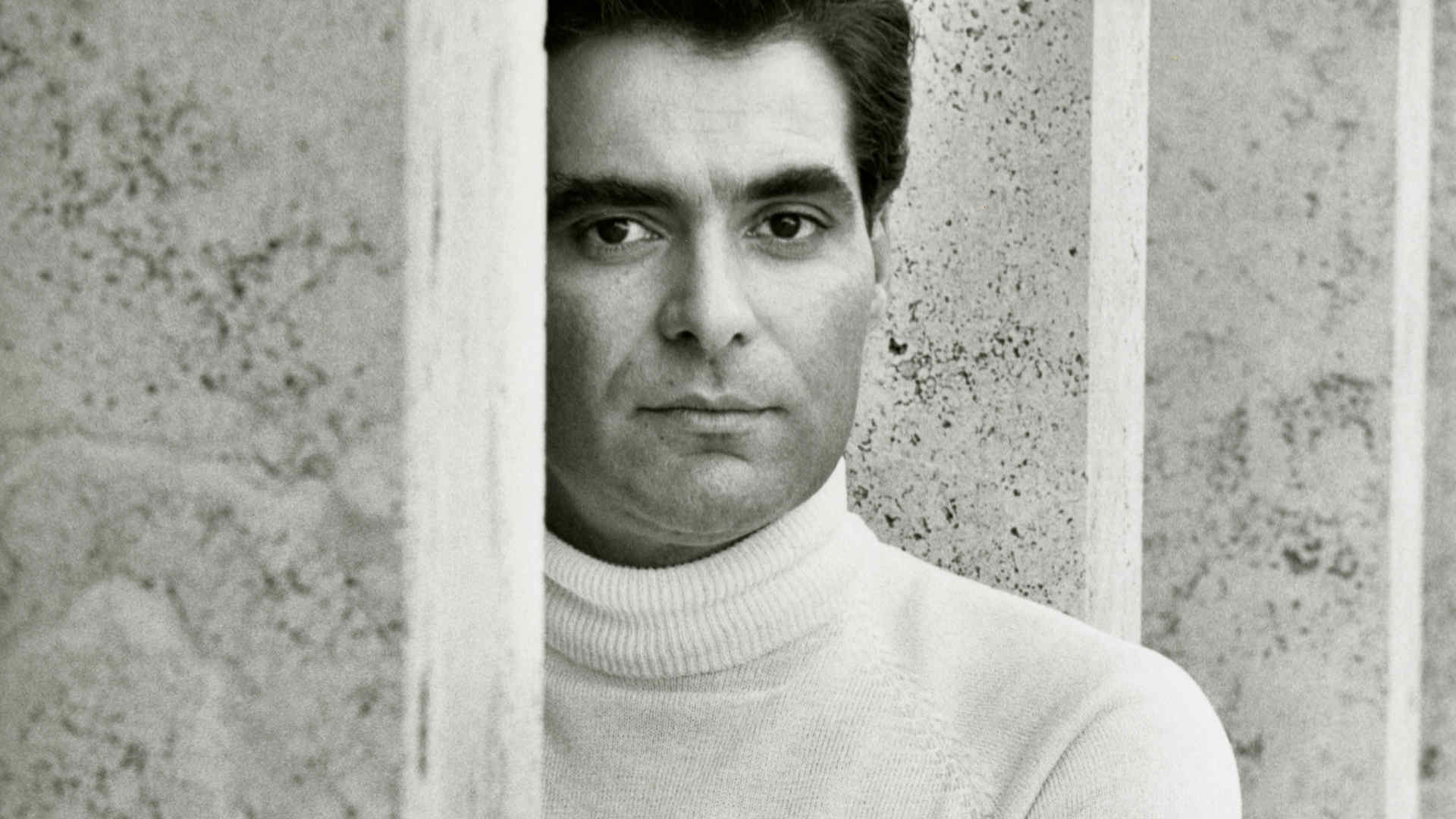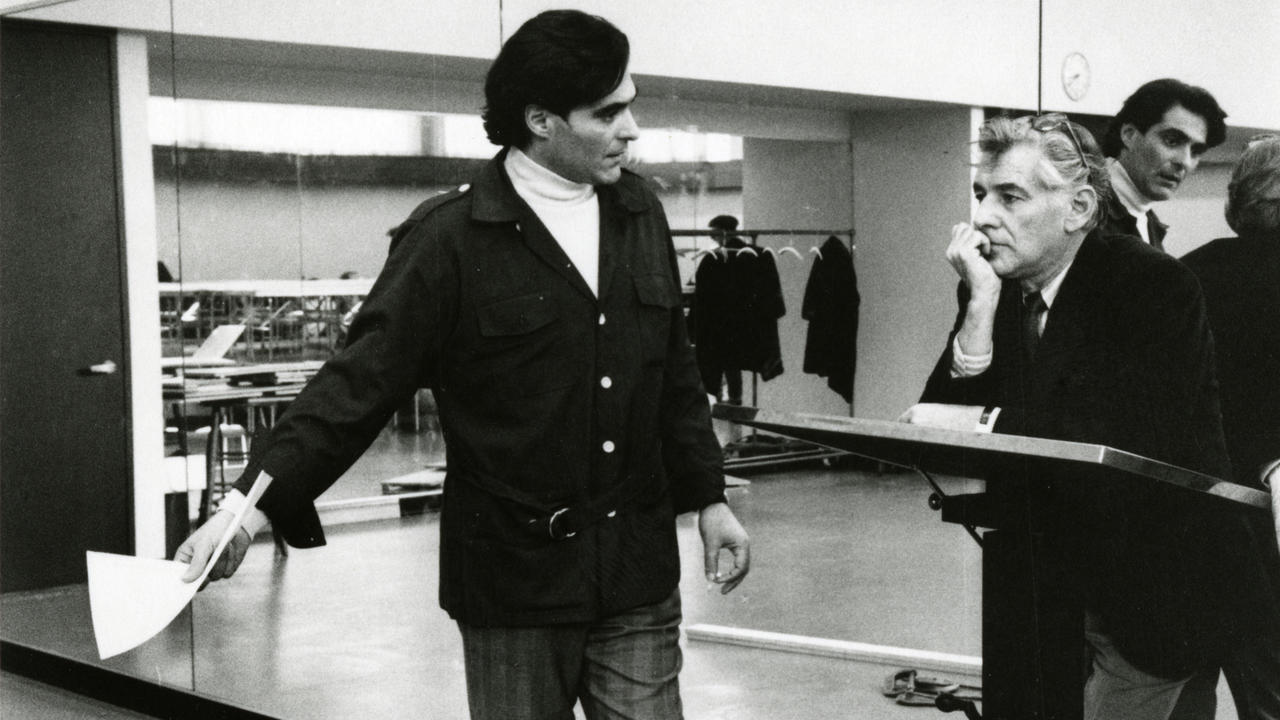
Opera director Tito Capobianco died on September 8 at his home in Lauderdale-by-the Sea, Fla., at 87. He had been battling lung cancer.
Capobianco served as director of the Juilliard Opera Theater for the 1968–69 season and then became the inaugural director of the American Opera Center (AOC), which Capobianco told the New York Times in a 1968 interview, “should be the experience of living in an opera company.” It opened in September 1969, coinciding with Juilliard’s move to Lincoln Center.
Among the Juilliard productions Capobianco would direct were Rossini’s Barber of Seville in December 1968, his Juilliard debut (featuring a 24-year-old Alan Titus as Figaro) and, in April 1970, Stravinsky’s The Rake’s Progress, which opened the Juilliard Theater—now the Peter Jay Sharp. But early in his third season here, he stepped down due to increasing commitments in the U.S. and Europe. He continued his affiliation with the AOC in an advisory capacity for productions through the end of that season.
Born on August 28, 1931, in La Plata, Argentina, Capobianco studied law and philosophy before taking up directing and, at the age of 22, was engaged to direct a new production of Aida in his hometown. He immigrated to the United States and became artistic director of the Cincinnati Opera Festival in 1961 and then director of Cincinnati Opera from 1962 to 1965. Throughout his career, he directed for City Opera, and his Juilliard appointment came not long after his acclaimed 1966 City Opera production of Handel’s then unknown Julius Caesar, with soprano Beverly Sills singing Cleopatra; the production catapulted her to international stardom.
“One thing I hate is tradition,” Capobianco told the New York Times in 1988, in an article about his City Opera production of Verdi’s Rigoletto. “Tradition is like starch. It is sometimes indistinguishable from routine. And for me, routine represents the end of the arts. What I do is, I study tradition, and then destroy it.”
Capobianco directed opera at the Metropolitan Opera and variously served as general and artistic director at San Diego and Pittsburgh operas and Teatro Colón. He also taught at Indiana University and Yale School of Music. His energetic, focused rehearsals would carry on for hours, punctuated only by his brief breaks for menthol cigarettes.
Capobianco’s wife, Elena “Gigi” Capobianco, a dancer who later choreographed and directed, died in 2011. Known as Tito y Gigi, they formed a legendary duo as they collaborated to direct more than 250 operas. Capobianco is survived by his sons Renato and Danilo Capobianco as well as four grandchildren.
Joshua Simka (BM ’14, voice) is assistant editor of the Journal

Imagination, Energy, Elegance
By Jorge Parodi
I had heard of the legendary Capobianco long before I moved to New York 20 years ago. But since I began working at Juilliard, Tito has often been a topic of my conversations with veteran teachers at school. Those conversations likely come about because Tito and I are both Argentinian, but the deeper motivation is more likely that everyone who had worked with him or had seen his work wanted to talk about Tito’s imagination, energy, elegance, and his famous movie star looks!
At one point, I worked with Tito at the baritone Sherrill Milnes’ VOICExperience, a summer workshop in Florida. I was excited and intimidated to meet Tito, since I knew of his strong personality and intense interactions with his artists— but [I found that] his intensity was reserved for the rehearsal room and was always motivated by the exploration of the dramatic moment that was being rehearsed. We went on to collaborate on several projects for which I was the musical authority in the room. Being much younger, I was often surprised by the respect he had for his colleagues and his understanding of the importance of collaboration in opera.
Of course, he was immensely fun outside the rehearsal room and at the table, especially in the company of his beloved wife, Gigi. The stories and anecdotes of their work with most of the century’s opera stars were countless and fascinating.
Working with Tito taught me an important and beautiful lesson in music making that I have experienced working with other great minds and artists: in performance, there are many ways of approaching a score, but the way you choose should always feel like the only way!
Jorge Parodi joined the Pre-College faculty in 2007; in 2015, he conducted Juilliard’s undergraduate production of Ravel’s L’enfant et les sortilèges